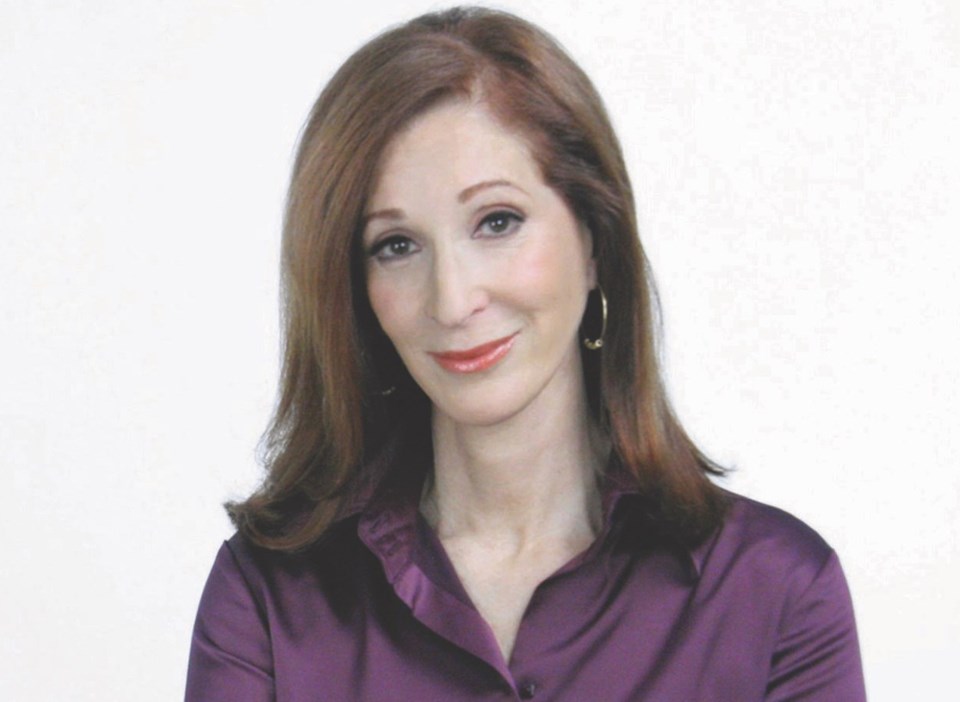 Dear Ellie: How do four children (two boys, two girls) from the same loving parents turn out so different in nature and manners that some even end up hating their parents.
Dear Ellie: How do four children (two boys, two girls) from the same loving parents turn out so different in nature and manners that some even end up hating their parents.
I maintained a demanding job at my workplace while my kids were young, but I hired a very good nanny. I always got home to spend time with each child separately. At least one parent attended their sports/musical/dance events, and each tried to have quiet time with every child to hear their thoughts, help with problems, etc.
By the time we divorced, after 25 years together, the older three children were on paths in further education and eventually to good, satisfying jobs. But not my youngest daughter, now 20. Though she received the most attention from her siblings and her father and I, she’s emerged as an envious, angry, self-centered young woman.
She switched courses in school whenever possible. Her interests were boys, clothes and partying. We were also made aware of her excessive drinking by her former best friend. Nothing that we’ve all tried, to catch her interest or some ambition, has worked.
Her desire for money despite not working makes me fear she’ll sink into dangerous choices I won’t even mention. What can I do to help my daughter?
Fearing a Bad Outcome
Since your other three children got onto successful paths, it seems that this daughter purposely chose to stand out differently.
Maybe she felt intimated by their achievements or she wanted to be noticed as different from them. There’s also the questions of who were her friends, and the influences of the times in which she was a young teen getting attention in her own way.
I don’t know those particulars, but you do. Today, she’s on the brink of an even more troubled life, largely of her own making.
She needs strong reassurance that you and her father still love her despite her worrying behaviour. She needs attention, not more money for drugs or alcohol or whatever.
See a professional therapist experienced with angry, potentially addicted and highly vulnerable young females. Ask for help for yourself in reaching out to your daughter and re-creating some trust in you from her.
Hopefully, you’ll learn how to win some trust from her. Then, ask her to attend the counsellor with you, but without ultimatums.
This plan is only a start. You may have to start from scratch again. Your ultimate goal is to help her work at staying safe.
If you have means and ability to convince her to enter a treatment centre, that’s another route to consider.
FEEDBACK
Regarding the man with friends who left their marriages and didn’t maintain contact with their children, and others who either overdosed or gave up on their lives, and your question as to whether we’re our “dear ones’ keeper?” (July 12):
Reader – “Help them by noting their need for help, and say you’ll help them do it. Say so non- judgementally. If you’ve been there, tell them that you understand how difficult it is.
“I failed to do so for a friend who eventually took his own life.
“I sent a letter to my nephew after observing his behaviour at a dinner in which he drank too much again, and publicly humiliated his lovely wife. I noted his children’s stressful silent reactions. I shared my own past struggles and how counselling helped me.
“I will never stand by and watch someone’s life fall apart again.”
Dear Ellie: A friend of mine confided that he and his wife are having “marital issues.” They’ve started seeing a marriage coach. The couple have three teenage sons, all working at a day camp and staying with their grandparents at their cottage.
The couple have more time together this summer, and I was happy they joined a few of us and our partners on a hike.
I whispered to my friend, “You guys seem good together.” He answered morosely, “Therapy’s really hard work.”
Is it unhealthy for him/they to just be putting on a show for friends?
True or Fake
The truth will emerge. Marriage counselling, coaching, psychotherapy, whatever the approach, IS work or it won’t achieve positive change.
Friends should encourage once, privately, then stand back. The helping modes for relationships all need time, with some steps required towards a buy-in to new concepts and a trial period as the spouses hopefully adjust to them.
Ellie’s tip of the day
A vulnerable adult child still needs parental love/help.
Send relationship questions to ellie@thestar.ca.
Follow @ellieadvice.


